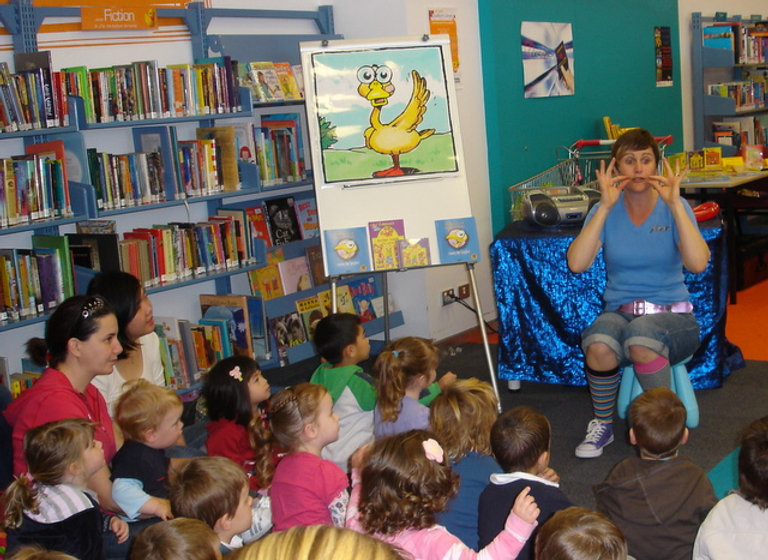Author visits can have a profound impact on young readers, providing them with unique opportunities to engage with the people behind the stories they love. These visits can ignite a passion for reading and writing, boost literacy skills, and provide valuable insights into the creative process. Let’s explore the various ways author visits inspire young readers and why they are an essential component of literary education.
1. Bringing Books to Life
When authors visit schools or libraries, they bring their books to life in ways that can captivate young readers. Hearing the author read aloud from their own work, share behind-the-scenes stories, and explain the inspiration behind their characters and plots makes the stories more vivid and memorable.
2. Encouraging a Love for Reading
Meeting an author can be a magical experience for children, transforming their perception of books from static objects to living, breathing works of art. This personal connection can inspire a lifelong love for reading as children become eager to explore more books and discover new authors.
3. Providing Role Models and Inspiration
Authors serve as role models for young readers, demonstrating that writing is a valuable and attainable endeavor. By sharing their personal journeys, challenges, and successes, authors can inspire children to pursue their own creative aspirations and develop a greater appreciation for literature.
-
Author Q&A: Interactive question-and-answer sessions allow children to ask about the author’s career, their writing process, and advice for aspiring writers, fostering a deeper connection and inspiration.
4. Enhancing Writing and Literacy Skills
Author visits often include workshops or activities that focus on writing and storytelling. These sessions provide practical tips and techniques that can enhance children’s literacy skills and boost their confidence in their own writing abilities.
-
Writing Workshops: Authors can lead creative writing workshops, where children learn about character development, plot structure, and the editing process, gaining hands-on experience and valuable feedback.
5. Promoting Diversity and Inclusion
Author visits can expose children to a diverse range of voices and stories, promoting inclusivity and broadening their understanding of the world. Meeting authors from different backgrounds and cultures can help children see themselves reflected in literature and appreciate the richness of diverse perspectives.
-
Multicultural Authors: Inviting authors who write about diverse experiences and cultures helps to create a more inclusive literary environment, fostering empathy and understanding among young readers.
6. Creating a Sense of Community
Author visits can bring together students, teachers, parents, and community members, creating a shared literary experience that strengthens community bonds. These events can foster a collective enthusiasm for reading and encourage communal support for literacy initiatives.
-
School Assemblies: Hosting an author visit as a school-wide event can create a sense of excitement and unity, with the entire school community participating in discussions and activities related to the author’s work.
7. Encouraging Critical Thinking and Discussion
Author visits stimulate critical thinking and discussion by encouraging children to analyze and interpret stories in new ways. Engaging with the author helps children think more deeply about the themes, characters, and messages in books, enhancing their analytical skills.
-
Literary Discussions: Guided discussions led by the author can help children explore different interpretations of a story, consider alternative perspectives, and articulate their own thoughts and opinions.

Conclusion
Author visits play a crucial role in inspiring young readers by bringing books to life, encouraging a love for reading, providing role models, enhancing literacy skills, promoting diversity, creating community, and fostering critical thinking. These visits offer unique and enriching experiences that can leave a lasting impact on children’s attitudes towards reading and writing. By investing in author visits, schools, libraries, and communities can cultivate a generation of enthusiastic, thoughtful, and empathetic readers and writers.
